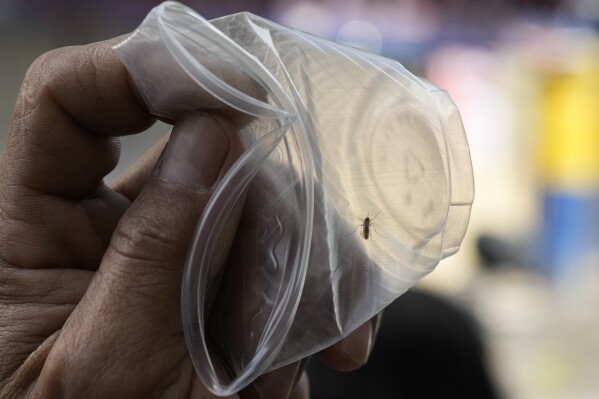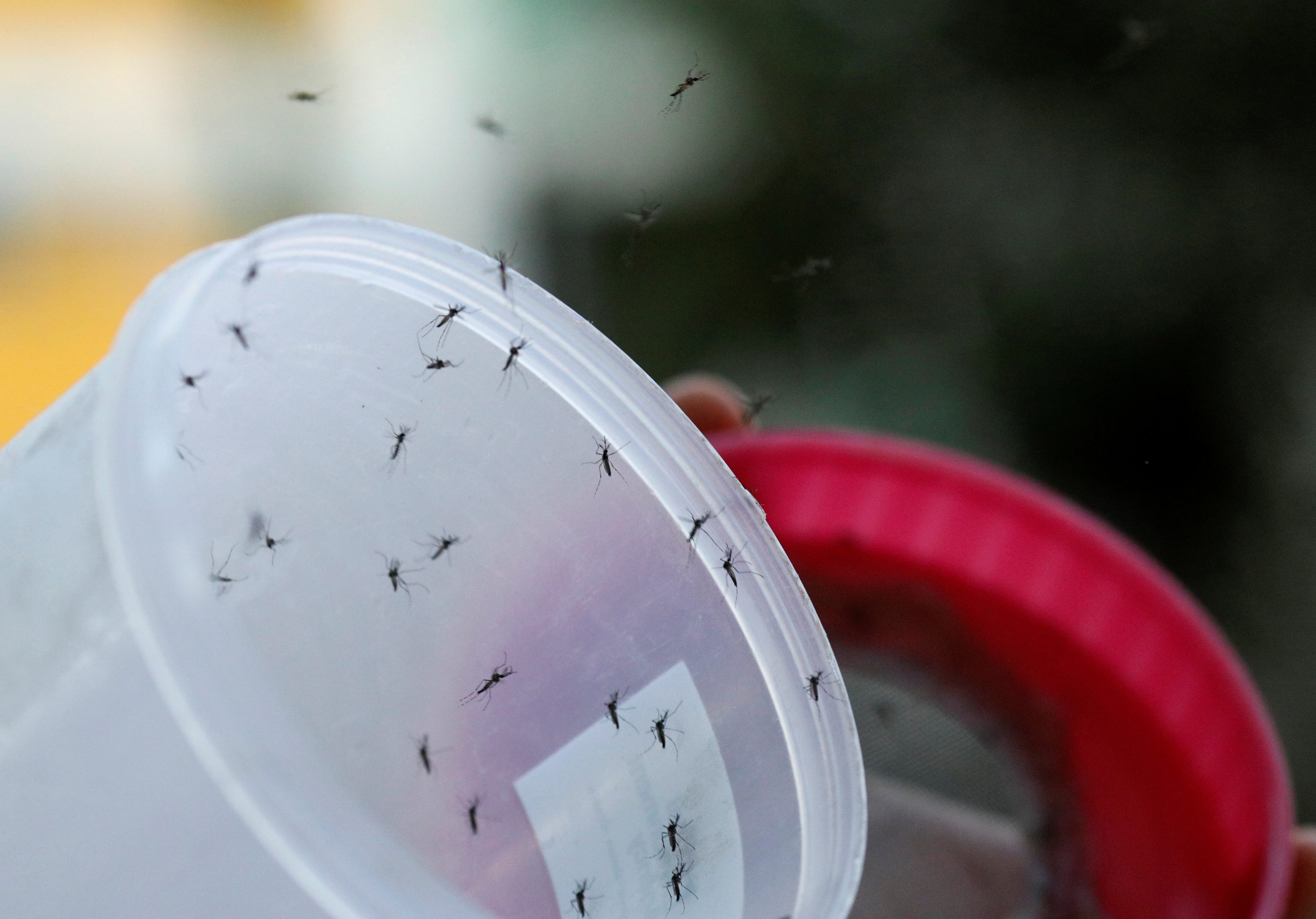
In a bid to curb the spread of dengue, officials in one of the Philippines’ most densely populated urban areas are offering a cash reward for mosquitoes.
Carlito Cernal, the village chief of Barangay Addition Hills in central Manila, has introduced a bounty of one peso (less than two US cents) for every five mosquitoes collected.
While the initiative has drawn ridicule on social media, Mr. Cernal insists it is a necessary measure to protect public health.
“This is one of the biggest and most dense areas. We have to do something to help the local government,” he said.
The scheme, set to run for at least a month, was launched after two students in the community succumbed to dengue.
The bounty applies to both live and dead mosquitoes, as well as their larvae, with captured live mosquitoes being exterminated using ultraviolet light.
So far, 21 individuals have participated, turning in around 700 mosquitoes and larvae in exchange for the reward, according to Mr. Cernal.
However, the announcement of the initiative has been met with skepticism online. Social media users have mocked the scheme, with comments such as, “Mosquito farming is coming,” and “Will a mosquito get rejected if it has only one wing?”
The Philippines’ Department of Health (DOH) acknowledged the local government’s efforts, stating it “appreciates the good intentions of local government executives to fight dengue.”
However, when asked whether the mosquito bounty was an effective approach, the department refrained from endorsing it.
“We urge all concerned to please consult and coordinate with their local health officers or the DOH regional office in their area for evidence-based practices that are known to work,” the DOH said.
Barangay Addition Hills, home to nearly 70,000 residents within a compact 162-hectare area in Metro Manila, recently recorded 44 dengue cases amid a spike in infections.

Mr. Cernal emphasized that the bounty is meant to complement existing dengue control measures, including street cleaning and eliminating stagnant water where mosquitoes breed.
Dengue, which is endemic in tropical regions, tends to spread rapidly in urban areas with poor sanitation.
The disease, transmitted by infected mosquitoes, can cause severe symptoms such as internal bleeding, headaches, nausea, and joint pain, sometimes leading to death.
The DOH recently reported a significant rise in dengue cases nationwide, with 28,234 cases recorded as of February 1—marking a 40% increase compared to the previous year.
Authorities have urged the public to eliminate mosquito breeding grounds, wear protective clothing, and use insect repellent.
Alongside dengue, the department warned that seasonal rains have contributed to a rise in influenza-like illnesses and leptospirosis, a bacterial disease contracted through floodwaters contaminated by rat urine.
Source-BBC




